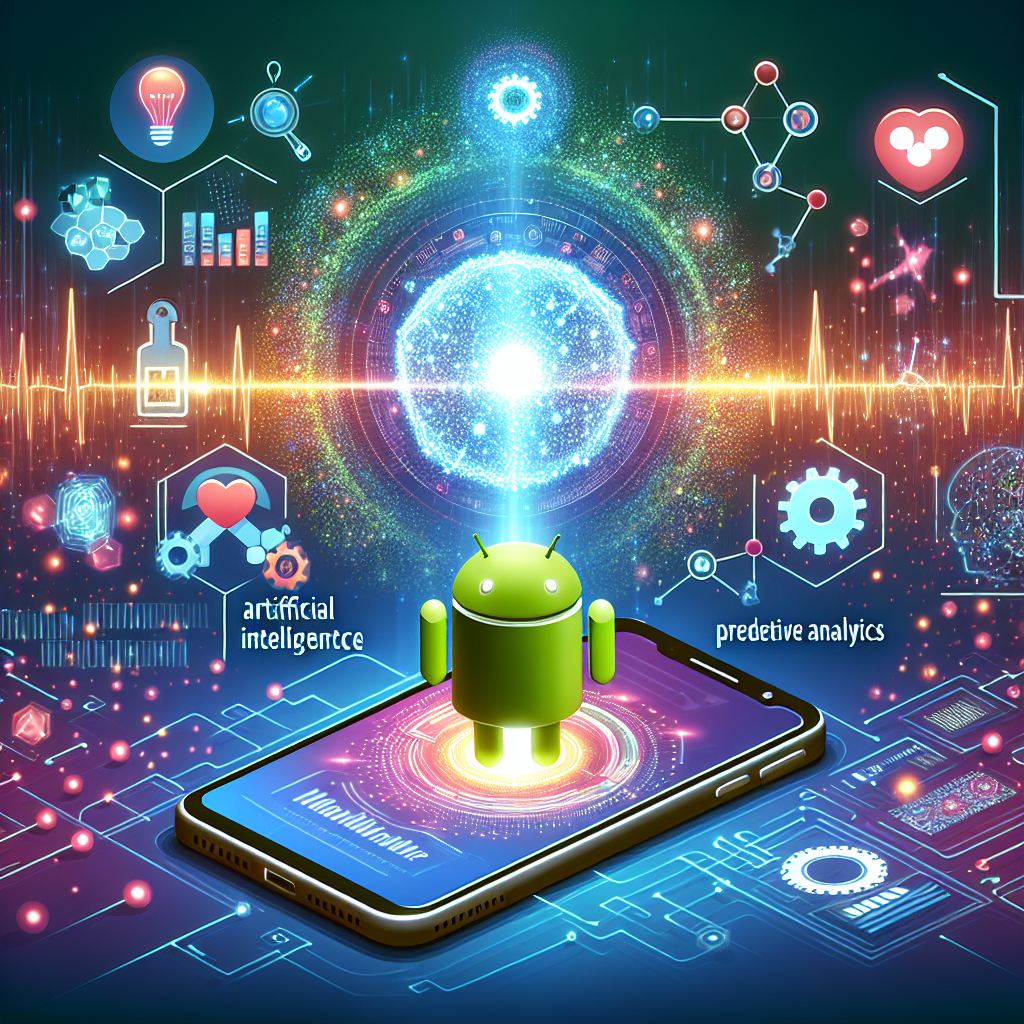The fast-changing world of healthcare is seeing artificial intelligence (AI) emerge as a powerful force for transformation, streamlining processes, improving patient care, and offering innovative solutions to age-old problems. Android applications that utilize AI technology are leading this change, delivering remarkable functionalities that make healthcare easier for both providers and patients. Here’s an in-depth look at some of the exceptional AI-driven Android apps that are revolutionizing the healthcare industry.
1. Symptom Checkers and Diagnostic Apps
AI-enhanced symptom checkers employ machine learning algorithms to evaluate symptoms entered by users, recommending possible conditions and outlining steps for seeking care. Applications like Ada and WebMD empower users to take control of their health, offering preliminary advice without an urgent trip to the doctor. Their capability to analyze extensive datasets ensures rapid delivery of precise, customized information.
2. Telehealth Platforms
Telehealth apps such as MDLive and Amwell incorporate AI to enhance patient-provider communication. These AI algorithms can triage patients, leading them to the right specialist while anticipating their queries based on prevalent issues. These platforms not only boost accessibility but also minimize wait times and improve efficiency, guaranteeing that patients receive timely care.
3. Remote Patient Monitoring
Applications like Doctor on Demand and MyChart utilize AI to supervise patients with chronic conditions. They collect data from wearable devices and other health monitors, analyzing it in real-time to identify irregularities or changes in health status. This proactive strategy allows healthcare professionals to intervene early, potentially preventing serious complications.
4. Mental Health Support
AI-powered applications such as Woebot and Wysa offer mental health support through conversational AI. These chatbots engage users in therapeutic dialogue, track moods, and provide coping strategies, making mental health resources more accessible. By blending data analytics with emotionally aware responses, these apps foster a supportive environment for those seeking assistance.
5. Medication Management
Apps like Medisafe and Pill Reminder leverage AI to assist patients in managing their medications. These tools send reminders, monitor adherence, and even inform users about potential drug interactions. By ensuring that patients stick to their medication routines, these apps significantly improve treatment outcomes and decrease hospital visits.
6. AI in Radiology and Imaging
Radiology-supporting apps such as Zebra Medical Vision and Aidoc utilize AI to examine medical images for anomalies. With advanced deep learning capabilities, these applications enable radiologists to detect conditions that might be overlooked, enhancing diagnostic accuracy and allowing for timely interventions.
7. Health and Fitness Integration
Numerous health and fitness applications, including Google Fit and Samsung Health, employ AI to deliver personalized health tracking and advice. By analyzing activity data, sleep patterns, and caloric intake, these applications help users make educated lifestyle choices, promoting healthier habits and overall wellness.
Conclusion
The integration of AI in Android applications is reshaping healthcare by increasing accessibility, enhancing diagnostic precision, and enabling proactive health management. As these technologies progress, they stand to empower both patients and providers, creating a more efficient and effective healthcare system. With continued advancements in AI, the future of healthcare appears brighter, more interconnected, and more attuned to individual needs.
In a time when every moment matters, these AI-powered Android apps are paving the way for a healthier future, transforming healthcare from mere service into an integrated experience that is accessible at your fingertips.

